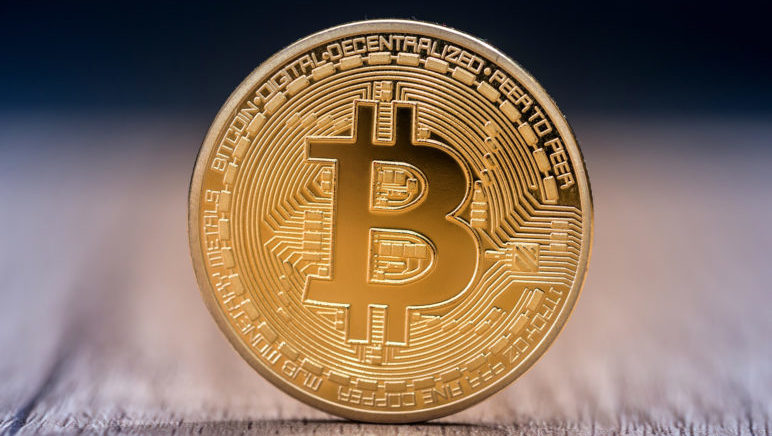What is Bitcoin?
- In the simplest terms, a Blockchain is what forms Bitcoin. A Blockchain is basically a public ledger that cuts out the middle-man who would generally record a transaction between parties. Instead, there are certain people in the world who are considered bitminers. These miners have thousands of dollars in equipment and computers that track the transactions of Bitcoin and publish them on a public site called Blockchain.info. These computers essentially use logarithms to keep track of the transactions being made with Bitcoin. This public “ledger” is more secure and open than our current system of money exchange.
Is Bitcoin good or bad?
- For one, none of this money has been passed through a bank or financial institution, nor has it been screened by the government. There can be many positives and negatives to this situation.
- Take this for example, you send $10,000 to someone overseas, this is generally supposed to be reported, however with Bitcoin today there is no requirement to report the transaction. However, this brings up the concern for government regulation and how the SEC may be trying to regulate Bitcoin.
- The reason the SEC cannot immediately regulate Bitcoin is because they do not understand how to categorize it. Is it currency? Is it software? Are they securities?
How is the SEC answering this question?
- The SEC turned to the “Howey Test,” which was created by the Supreme Court as a means of determining whether certain transactions qualify as investment contracts.
- The test refers to a precedent from a case the SEC levied against Florida Company, W.J. Howey Co. that sought to determine whether or not a particular land related deal constituted an investment contract.
- If certain transactions meet the criteria, then they are deemed “securities,” and ultimately can be regulated by the SEC.
The test and its elements:
- There are three main elements to the Howey Test:
- Investors invested money;
- With a reasonable expectation of profit;
- Derived from the managerial efforts of other
The test broken down:
- So Bitcoin buyers will invest money in the coin itself, hence an investment according the SEC;
- Next, Bitcoin is a For-Profit entity that funds its bitminers, etc. in return for a profit (buyers purchasing the bitcoin/software in stores);
- Lastly, Bitcoin is active in the community and Bitcoin buyers look to Bitcoin management for oversight of the company and product.
So does Bitcoin fall within the rule?
- Ultimately yes and the SEC has warned that they may begin to crack down on the different cryptocurrency companies. As for now the SEC is not regulating Bitcoin or other cryptocurrencies. However, with the SEC nipping at the heels of these companies, any investor in a cryptocurrency company should keep a close eye on their investment for when the SEC strikes.
Finals notes:
- The SEC states that even though this form of currency is virtual, it should not be able to escape regulation. In addition, the SEC further states that when it comes time to regulate cryptocurrency it will be regulated just like any other form of currency regulated today.
Links/articles:
http://www.businessinsider.com/bitcoin-price-security-equity-sec-2017-7
https://blogs.thomsonreuters.com/answerson/might-blockchain-technology-revolutionize-legal-industry/




